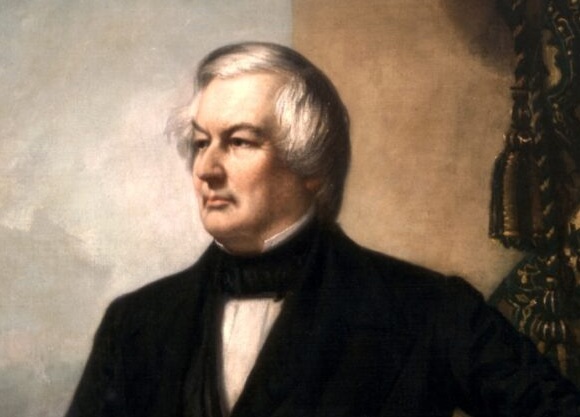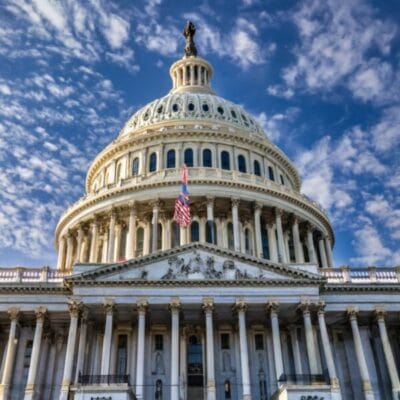The Trump federal election interference case is a criminal case against former U.S. President Donald Trump, who is accused of plotting to overturn the results of the 2020 presidential election in favor of himself.

The case was brought by a special counsel appointed by the U.S. Department of Justice, Jack Smith, who is a former FBI deputy director.
The case is based on evidence that Trump and his associates pressured and threatened state and local officials, members of Congress, and Vice President Mike Pence to reject or change the electoral votes that certified Joe Biden as the winner of the election.
The case also alleges that Trump incited a violent mob to storm the U.S. Capitol on Jan. 6, 2021, in an attempt to stop the certification of the electoral votes.
The case is currently pending in the U.S. District Court for the District of Columbia, where it is presided by Judge Tanya Chutkan.
A federal grand jury indicted Trump in August 2023 on three counts related to his efforts to overturn the election, including attempting to obstruct the electoral vote process, impeding congressional proceedings, and conspiring to deprive Americans of their right to vote and have those votes counted1.
Trump has pleaded not guilty to all charges and has claimed that he is immune from prosecution because his actions were part of his official presidential duties1.
He has also accused the special counsel of being biased and politically motivated, and has attacked the judge, the prosecutors, the witnesses, and the jury pool in his public statements and social media posts.
The case has attracted widespread attention and controversy, as it involves unprecedented charges against a former president who is also running for re-election in 2024.
The case has raised complex legal and constitutional issues, such as whether a former president can be criminally prosecuted for his official acts, whether Trump’s speech is protected by the First Amendment, and whether the court can ensure a fair trial in such a high-profile and polarizing case.
The case has also sparked heated debates among politicians, legal experts, media outlets, and the public about the legitimacy and implications of the case for American democracy.
The trial date for the case has been set for March 4, 20242, which is one day before Super Tuesday, a crucial voting day in the Republican presidential primary.
The trial date was decided by Judge Chutkan after she rejected both Trump’s request for a trial in April 2026 and the special counsel’s request for a trial in January 20242.
Judge Chutkan also imposed a limited gag order on Trump and his lawyers on Oct. 18, 2023, prohibiting them from making statements that could prejudice or intimidate potential witnesses, jurors, or court personnel3.
However, she temporarily lifted the gag order on Oct. 20, 2023, after Trump’s lawyers appealed it to a higher court4.
The case is expected to be a lengthy and complex one, as it involves millions of pages of documents, hundreds of witnesses, and dozens of legal motions.
The outcome of the case could have significant consequences for Trump’s political future and legacy, as well as for the rule of law and the integrity of American elections.



